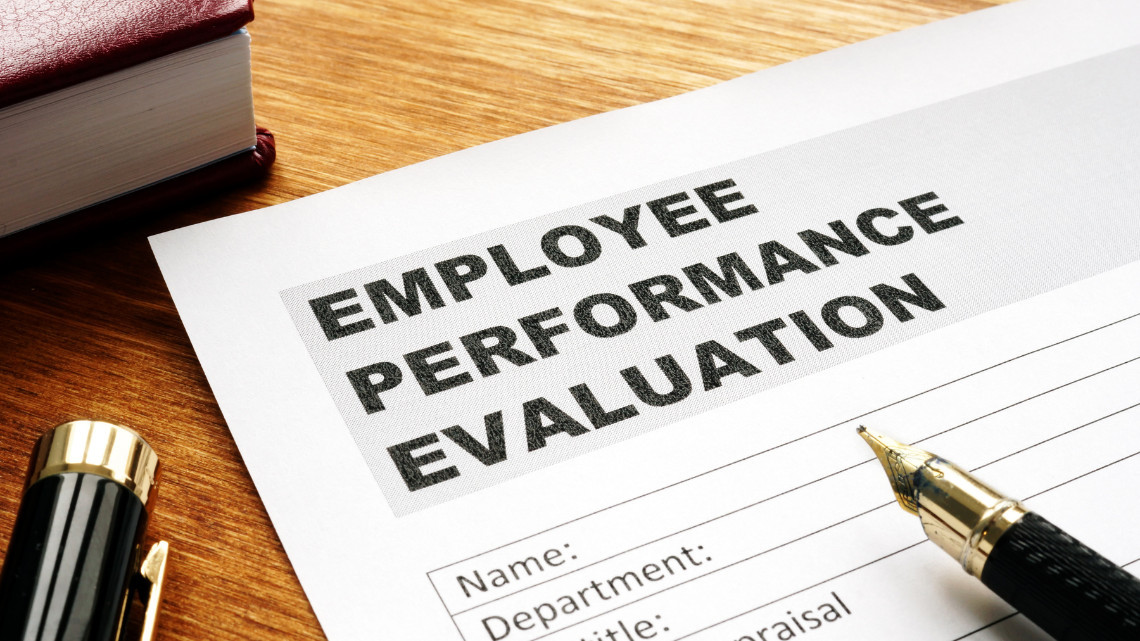
Revitalizing Performance Reviews: 7 Strategies to Make Employee Evaluations More Impactful and Engaging
October 9, 2024
Question:
We conduct employee evaluations every year, but they have become stale, and employees often complain about them. What can we do to ensure these reviews are more impactful?
Answer:
Performance evaluations can be daunting for many, and they often carry negative perceptions. When poorly executed, they become a chore for managers and offer little value to employees. However, when done thoughtfully, they can serve as a valuable tool for providing feedback and focusing on employee development.
Below are some things to consider when conducting performance evaluations.
- Set clear standards. Employees should know what is expected of them and what they are being measured against. This can include job duties as well as behavior or conduct. When employees know what is expected of them, they perform better.
- Pay attention to your employees throughout the year. Most evaluations are annual reviews, but many managers do not keep notes throughout the year on what employees are doing. When it’s time for the review, managers often try to recall recent events and may forget things that happened earlier in the performance review cycle. Managers should get into the habit of keeping notes of employee accomplishments, areas for improvement, behavior observations and document any feedback or check-in conversations they have had.
- Take your time. This should be done both with the review and the meeting. When you sit down to talk with your employee, make sure to set aside enough time and focus on the discussion. Employees are more likely to listen and be engaged in the discussion if you’re not distracted or rushing through it.
- Use specific examples. This is especially important when discussing areas for improvement. If you are coaching an employee on something they need to do better, share specific examples. It’s not enough to tell someone they didn’t handle something correctly, that they did something wrong, or that something was bad. Explain to them specifically what they did wrong, what the outcome was, and how that impacted the situation.
- Consider adding self-evaluations. Many managers feel that employees are not engaged in the performance evaluation process. One way to help make this a two-way street is to have employees evaluate their own performance. If the employee and manager ratings are very different, that is an area for discussion to understand the gap.
- Think ahead for the next year. The annual performance review is also a great time to set goals, think about training opportunities, and talk about other areas of interest to the employee. Maybe they want to work into a leadership role – discuss what the employee can work on to for that step in their career.
- Have regular follow-ups. Don’t let the annual review be the only time you are discussing performance (good or poor) with your employees. Managers should regularly discuss performance with their employees. The ratings an employee receives during an annual performance evaluation should never be a surprise or the first time they have received feedback. By meeting regularly, you can get ahead of concerning actions and encourage improvement throughout the year. You can also ensure that your employees are staying engaged and motivated.
Courtesy of Ahola.
Click here for more News & Resources.
Share On:
© 2025 Small Business Association of Michigan, All rights reserved